Once babies learn to roll over onto their tummies a milestone that typically happens between 4 and 6 months but can be as early as 3 months theres usually no turning them back especially if they prefer snoozing belly-down. The older babies get the more resistant they seem to be to changes in sleeping position.
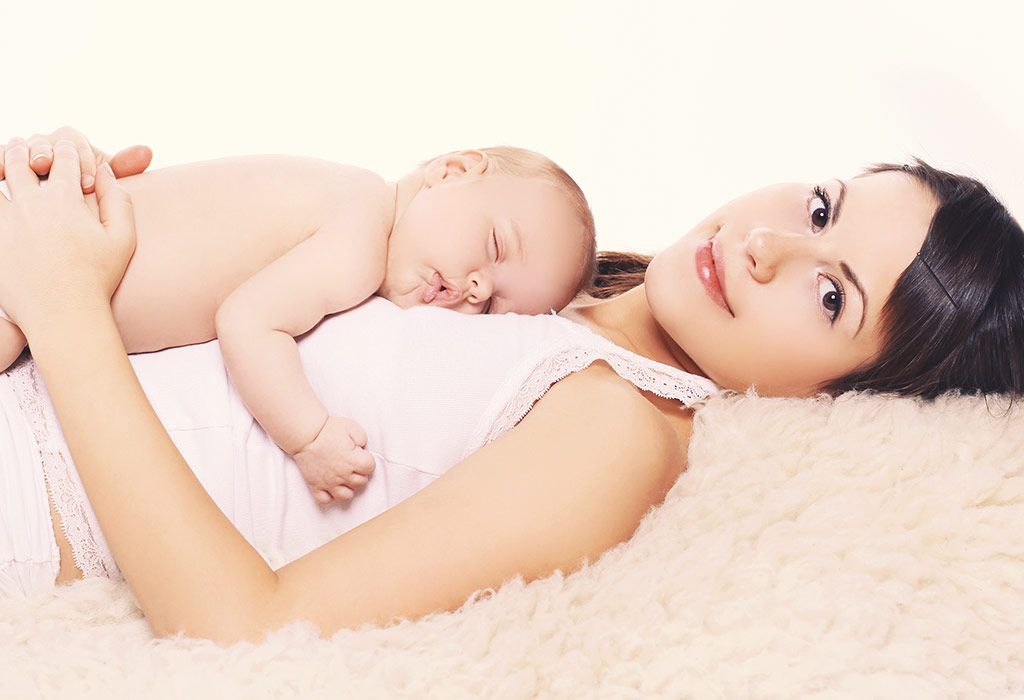 Baby Sleeping On Stomach Here S Everything You Need To Know About It
Baby Sleeping On Stomach Here S Everything You Need To Know About It
This increases her chance of Sudden Infant Death Syndrome SIDS.
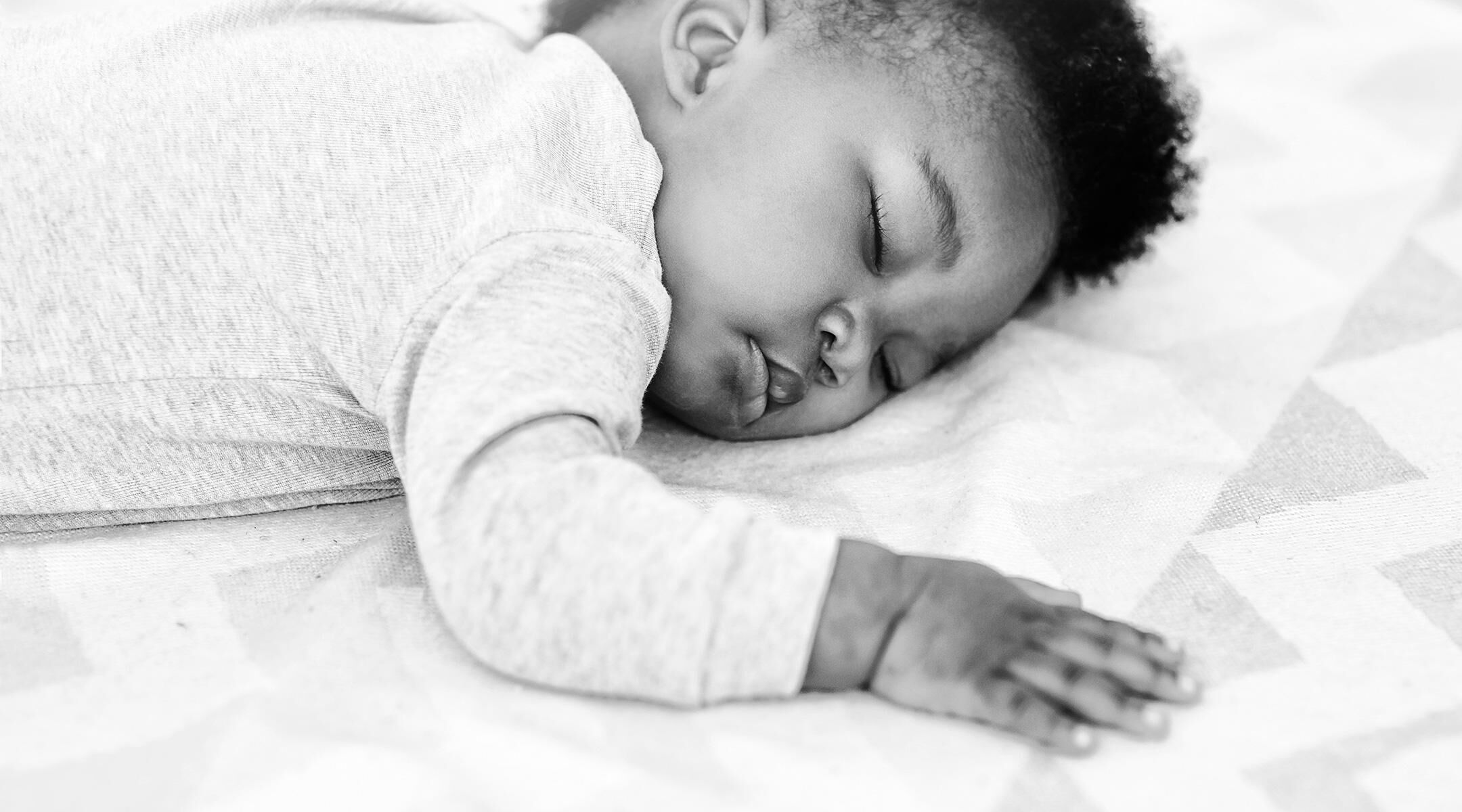
When do babies sleep on their stomach. Newborns love to lay on a parent and gaze up at their face Wallace says. About 1600 babies died of SIDS in 2015 the last year statistics were available. They also do well on their sides since both positions allow a baby to assume the fetal position which is more soothing than back-lying.
Thus if you have been putting your baby down on her stomach and now wish to get her used to sleeping on. She can easily roll onto her stomach. I think the following recommendation from the NIH is helpful.
You can leave your baby to sleep on the stomach when he can do a belly roll by himself which usually happens around to three-six months. The short answer is no. SIDS is more prevalent in babies who are under six months old.
Your baby will probably lift their head to admire their reflection. By all means let your sleeping baby sleep. When Can My Baby Sleep On His Stomach.
Like we mentioned the guidelines recommend you continue to put your baby to sleep on their. If your baby is fussy they may have more trouble falling asleep in general. Insider logo The word Insider.
However parents are still encouraged to put their babies to sleep on their backs until theyre one year old even if they flip over while they sleep. Thats why baby shouldnt sleep on her side either. A baby sleeping on their side is at greater risk of Sudden Infant Death Syndrome which means the baby could join the more than 1500 babies affected by SIDS each year.
But when can babies sleep on their stomach. Similar advice has been provided for those who allow their baby to sleep on their side which can allow the individual baby the chance to roll onto their stomach. There are only a few simple rules to follow to protect your baby see the latest recommendations from the American Academy of Pediatrics.
All babies should sleep on their backs during the first year of life. The fact is while it may be relatively easy to place your baby on her back for sleep when shes a newborn that newborn will quickly become mobile. The AAP recommends putting babies back-to-sleep until their first birthday.
However you should place your baby to sleep on his back in bed. Once your baby is strong enough to roll from back to front and front to back by himself you dont need to worry about him rolling onto his stomach during sleep. Allowing your baby to sleep on their stomach for short naps while they are being supervised.
What should you do if your baby rolls onto her stomach overnight while shes sleeping. Newly-born babies do well sleeping on their tummies. The risk of SIDS peaks between 1 and 4 months of age but remains a threat until babies are 12 months.
This is important for naps in the day as well as at night-time and helps prevent sudden infant death syndrome or SIDS. Put the baby on your tummy or chest. But you should still put him down to sleep on his back until he is a year old.
What if your baby rolls onto their stomach themselves for sleep before 1 year. New parents are often bombarded with advice from well-meaning family and friends. When can she lie on her stomach.
If your baby rolls over on his or her own during sleep you do not need to turn the baby back over onto his or her back. When he can roll from belly to back he can handle the problem of sleeping on the stomach better. Babies will turn over on their own by around 4-6 months of age but dont deliberately place them on their stomach to sleep until after 1 year.
By about 3-4 months of age many babies are learning to roll and while rolling is an important milestone that paves the way for even greater mobility in the coming months it concerns many parents when they check in on their babies and find them. Once your tiny tot. Most babies start rolling over on their own around 4 to 6 months of age.
Baby sleeping on stomach equals baby breathing in less air. We suggest letting your baby sleep on their stomach when you and only you can watch them closely. However once an infant.
When babies begin rolling either awake or in their sleep parents and caregivers may worry that they will get stuck on their stomach increasing the risk of suffocation. When your baby sleeps face down in the future he or she will have the muscle strength to move their head to improve their breathing. Because getting stuck on their stomach usually only persists for a few weeks while your child masters rolling both ways many parents are willing to flip their little one over as a temporary.
But when it comes to your babys safety its best to trust the experts. Always placing a baby on her back to sleep until he is strong enough to roll over from his back to his tummy on his own usually around age 6 months.
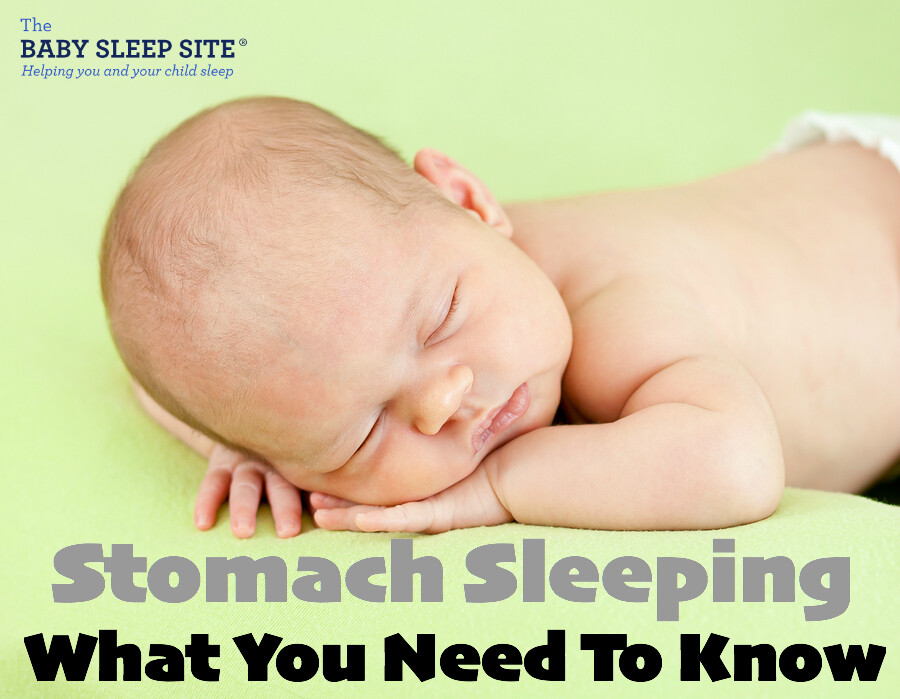 Here S What You Need To Know About Baby Sleeping On Her Stomach
Here S What You Need To Know About Baby Sleeping On Her Stomach
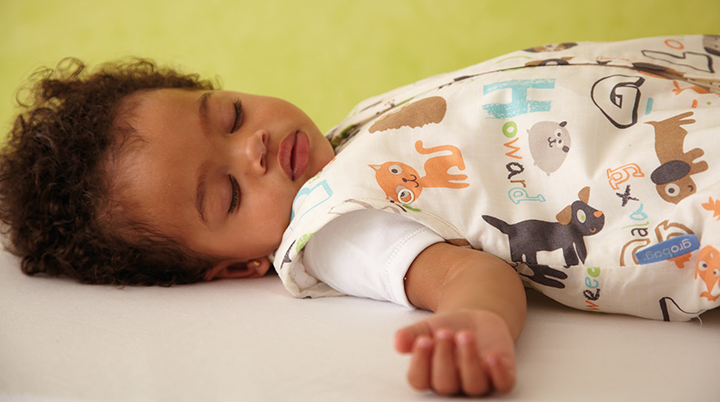 When Can Babies Sleep On Their Stomach Infant Safety
When Can Babies Sleep On Their Stomach Infant Safety
 Baby Sleeping On Tummy Is It Safe Youtube
Baby Sleeping On Tummy Is It Safe Youtube
 Baby Sleeps Face Down What To Know Sleepbaby Org
Baby Sleeps Face Down What To Know Sleepbaby Org
When Can A Baby Sleep On The Stomach And Don T Need Turned Over
Sleeping Positions For Your Newborn Baby
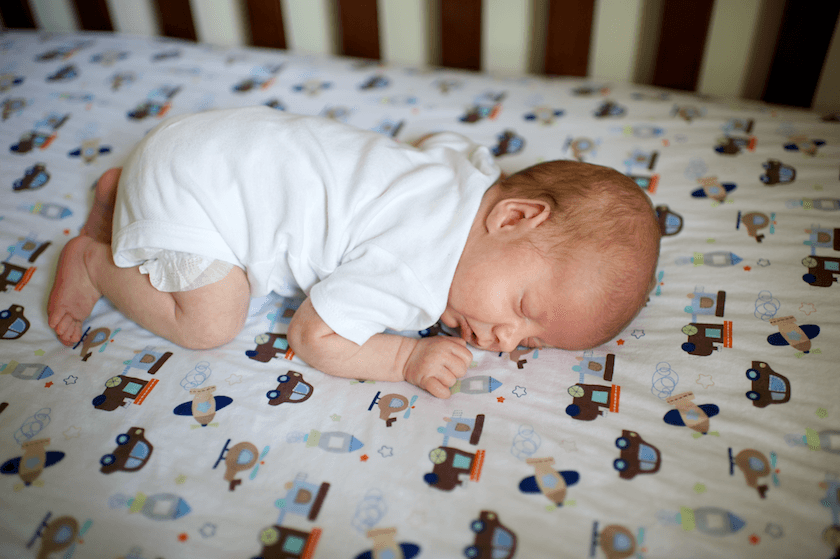 Is It Safe For Baby To Sleep On Stomach Sids Baby Sleep Tips More
Is It Safe For Baby To Sleep On Stomach Sids Baby Sleep Tips More
 When Can Babies Sleep On Their Stomachs Terry Cralle
When Can Babies Sleep On Their Stomachs Terry Cralle
 On Call Belly Sleeping Baby Parenting
On Call Belly Sleeping Baby Parenting
 Baby Sleeping On Stomach Is It Safe Sleepbaby Org
Baby Sleeping On Stomach Is It Safe Sleepbaby Org
 Baby Sleeping On Stomach Is It Safe Or Not Mama Blog
Baby Sleeping On Stomach Is It Safe Or Not Mama Blog

 Should I Roll My Baby Back Over If She Rolls Onto Her Stomach In Her Sleep Stuff Co Nz
Should I Roll My Baby Back Over If She Rolls Onto Her Stomach In Her Sleep Stuff Co Nz
 Side Or Tummy Sleeping Is It Safe For My Baby Nested Bean
Side Or Tummy Sleeping Is It Safe For My Baby Nested Bean

No comments:
Post a Comment
Note: Only a member of this blog may post a comment.